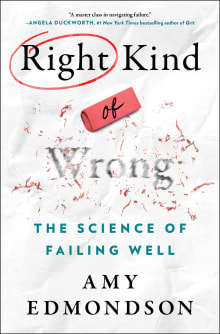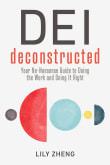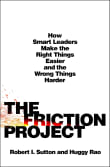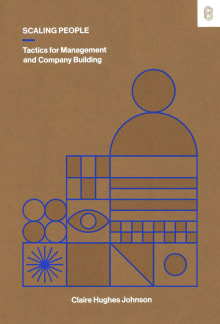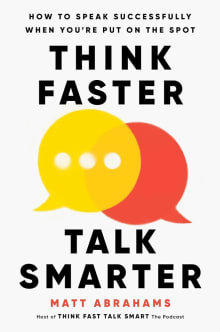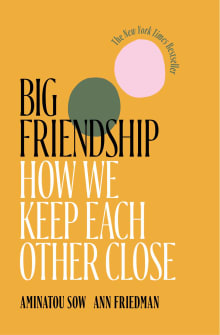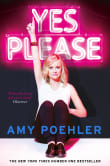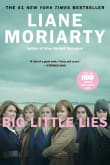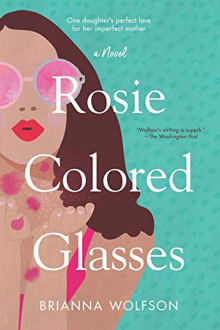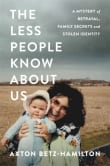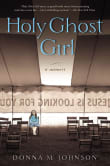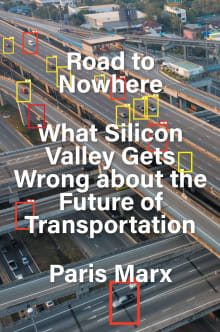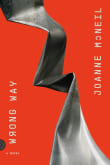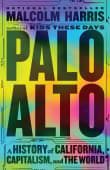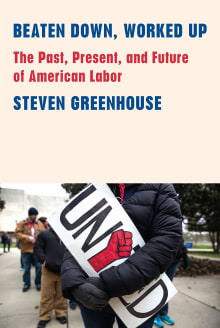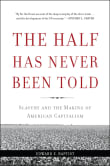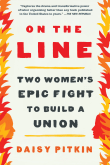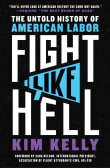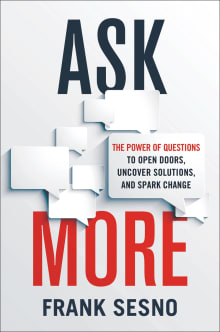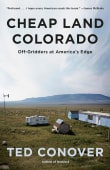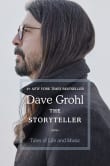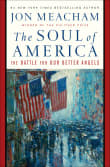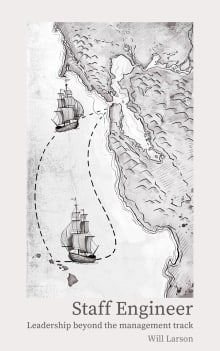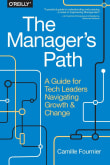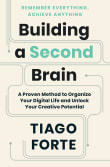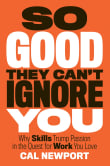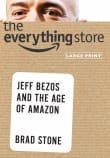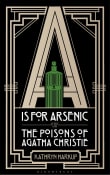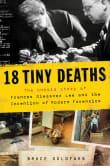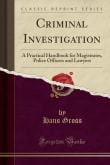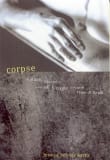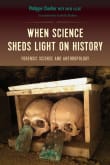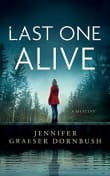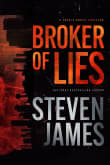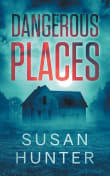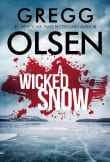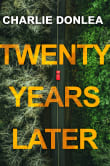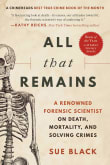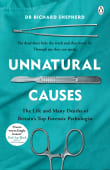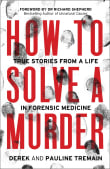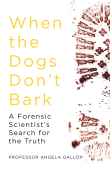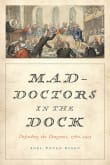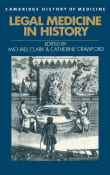Why are we passionate about this?
We are scholars and writers, coaches and company builders, optimists, and (on our best days) accelerators of action. It’s been the privilege of our lives to work as change agents at some of the world’s most influential companies—and with some of the world’s most inspiring business leaders. But at the core of our identities, we are educators, which is why we write books about leadership. We believe that what we’ve learned in the process of changing things can be useful to anyone who seeks to lead, particularly now, when the scale and complexity of our shared challenges can seem overwhelming.
Frances and Anne's book list on fixing more (and breaking less) at work

Why did Frances and Anne love this book?
This book changed our relationship with failure. We stopped seeing failure as something to avoid at all costs, an idea that was wired into us at a young age.
In our work with organizations, we’ve also observed that a willingness to experiment and “fail wisely,” in the author’s words, is part of the foundation for effective leadership. This book shows you how to take smart risks while preventing avoidable harms.
2 authors picked Right Kind of Wrong as one of their favorite books, and they share why you should read it.
Shortlisted for the Financial Times and Schroders Business Book of the Year
A revolutionary guide that will transform your relationship with failure, from the pioneering researcher of psychological safety and award-winning Harvard Business School professor Amy Edmondson.
We used to think of failure as the opposite of success. Now, we’re often torn between two “failure cultures”: one that says to avoid failure at all costs, the other that says fail fast, fail often. The trouble is that both approaches lack the crucial distinctions to help us separate good failure from bad. As a result, we miss the opportunity to fail…
- Coming soon!
